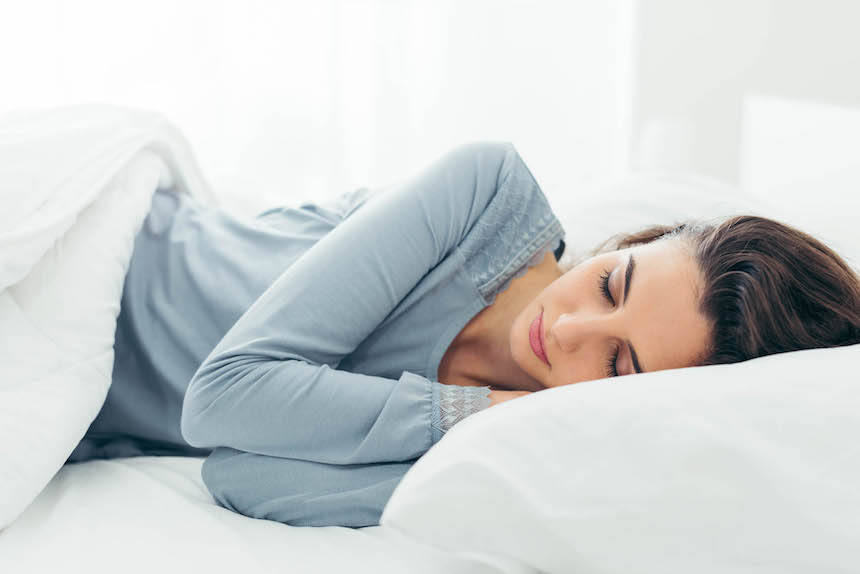
Daylight savings time can wreak havoc on your circadian rhythm, and you might find yourself struggling with a wide variety of sleep issues following that change in time. Daylight savings rolls around twice a year you may find yourself getting tired earlier in the evening and having trouble waking up in the morning. Luckily, getting your sleep schedule back on track should be a relatively easy process as long as you plan ahead.
1. Create a Strict Bedtime Routine
One of the most effective ways to combat sleeping issues is to come up with a strict bedtime routine. In addition to getting into bed at the same time every night, you might also want to engage in some relaxing activities just before you close your eyes. Taking a hot shower, reading a book for a few minutes, and meditating are all great options.
You should also try to avoid all electronic devices for at least one hour before you go to bed. Don’t let the sun (or lack of sun) dictate your evening schedule. Try to stick to your clockwork routine regardless of how dark or bright the evening feels.
2. Don’t Hit the Snooze Button
It might be tempting to sleep in once the clocks change, but that is only going to make this transition much more difficult. Even if you are extremely tired, you should still try to get out of bed as soon as your alarm goes off. For at least a few days, you might want to put your clock or smartphone on the other side of the bedroom so that you have to get out of bed when the alarm goes off.
3. Continue to Exercise
Many people don’t realize that exercising can greatly improve the quality of sleep that they get. In addition to tiring you out, exercising is also going to trigger the release of important hormones and chemicals that help you sleep. That being said, you should probably refrain from exercising just before bed. Some people become energized after a rigorous workout, and exercising at night could keep you awake. Make exercising a part of your early evening routine, before you do all the things that cue it’s time to start winding down.
4. Use Supplements
Using a handful of proven supplements might make this transition easier as well. Melatonin tablets are very popular, but a CBD oil tincture could also be beneficial. CBD products activate a wide variety of receptors throughout your brain, and that biological response could calm you down and make you feel more relaxed. Those who plan on using any supplements should always speak with a doctor about the pros and cons of each product and how they may interact with any medications you are currently on.
If you have tried these few tips and are still struggling with sleep issues, then you might need to undergo a sleep study. During one of those studies, a team of experts will monitor you throughout the night in order to uncover any underlying health problems that might be affecting your sleep cycle.
- Run a Hospital? 5 Things You Can’t Go Without - March 25, 2024
- 5 Reasons To Go for Custom-Made Engagement Rings - March 15, 2024
- Here’s What Makes Vineyard Wedding Venues Unique - March 1, 2024






